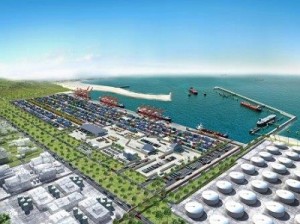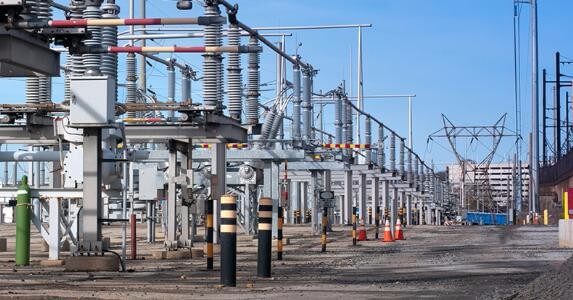Maritime Extension: Lekki Sea Port

The approval of the continuation of efforts by the National Boundary Commission to achieve a significant expansion of Nigeria’s maritime boundaries has received a nod from industry stakeholders.
President Muhammadu Buhari who seconded the move by giving his blessings to the initiative after being briefed by the Commission, on the status of preparations for a submission by Nigeria to the United Nations Commission on the Limits of the Continental Shelf (CLCS), also approved the constitution of a Presidential Committee to oversee the conclusion of work on the submission, which could lead to the expansion of Nigeria’s maritime boundaries from 200 nautical miles to 350 nautical miles, if approved by the CLCS.
This effort when it scales through, will allow Nigeria to have control of a greater space at sea to expand its maritime activities but what begs the question is, what have we achieved with the underutilized maritime area we already have? The required funds which the Ministry of Finance will have to provide to conduct the geographical surveys which are essential for the submission could be channeled towards the take off, for instance, of the proposed modern deep sea port which until now is only a drawing on paper.
According to Article 76 of the United Nations Convention on the Law of the Sea, the continental shelf of a coastal state comprises the sea-bed and the sub-soil of the submarine areas that extend beyond its territorial sea throughout the natural prolongation of its land territory to the outer edge of the continental margin, or to a distance of 200 nautical miles from the baseline from which the breath of the territorial sea is measured, where the outer edge of the continental margin does not extend up to that distance.
According to a statement by the presidential spokesman, Garba Shehu, a sovereign coastal state like Nigeria can extend its maritime territory beyond 200 nautical miles, up to a maximum of 350 nautical miles, if it can prove scientifically that the natural prolongation of its land territory under the sea extends beyond 200 nautical miles.
It is said that the objective of the submission being prepared by the National Boundary Commission is to claim for the country a potentially rich maritime territory of up to 104,000 square miles without any war or litigation that has a strong likelihood of the presence of large deposits of hydrocarbons, gas and other mineral deposits in the extended maritime territory.
While the extension of the maritime territory of Nigeria appears a plus for the present administration, concerted government machineries must be devised towards a long term planning and systematic development of the proposed Lekki deep sea ports which has been advised by maritime operators as the solution to the gridlock and other limitations of the Tincan Island and Apapa Ports.







